

Articles
How Often Should You Wash A Duvet
Modified: January 5, 2024
Discover the ultimate guide on how often you should wash a duvet. Read articles and expert advice to maintain a clean and fresh bedding.
(Many of the links in this article redirect to a specific reviewed product. Your purchase of these products through affiliate links helps to generate commission for Storables.com, at no extra cost. Learn more)
Introduction
When it comes to keeping our bedding fresh and clean, we often focus on washing our sheets and pillowcases regularly. However, one important item that tends to be overlooked is the duvet. A duvet is a fluffy, quilt-like bedding that provides comfort and warmth during sleep. Over time, dust, sweat, and allergens can accumulate on the surface of the duvet, affecting its cleanliness and potentially causing allergic reactions or reducing its lifespan. This begs the question: how often should you wash a duvet?
The frequency of washing your duvet depends on several factors, such as the type of duvet, personal preference, and the environment in which it is used. In this article, we will explore these factors in detail and provide recommendations on the ideal washing frequency for different types of duvets. We will also highlight some signs that indicate when it’s time to wash your duvet. Additionally, we will outline the steps to properly wash a duvet and share tips on how to maintain the cleanliness of your duvet in between washes.
By the end of this article, you will have a better understanding of how often you should wash your duvet and how to ensure that it stays fresh and clean for a comfortable night’s sleep.
Key Takeaways:
- Regularly washing your duvet is crucial for maintaining a fresh and healthy sleep environment. Factors like usage, allergies, and stains determine the ideal washing frequency, ensuring a comfortable and long-lasting duvet.
- By following recommended washing frequencies and implementing maintenance tips, you can keep your duvet clean, fresh, and comfortable. Regular cleaning not only enhances its longevity but also contributes to your overall well-being.
Read more: How Often Should You Clean A Washing Machine
Factors that Determine Frequency of Duvet Washing
Several factors come into play when determining how often you should wash your duvet. Understanding these factors will help you make an informed decision about the washing frequency that suits your needs. Here are some key factors to consider:
- Usage: The frequency at which you use your duvet is a significant factor in determining how often to wash it. If you use your duvet every night and sweat heavily while sleeping, it may require more frequent washing compared to a duvet that is used occasionally or placed over a cover.
- Allergies and Sensitivities: If you or someone in your household has allergies or sensitivities, regular and thorough washing of the duvet is essential. Allergens such as dust mites, pollen, and pet dander can accumulate on the surface of the duvet and trigger allergic reactions if not properly cleaned.
- Pets: If you have pets that have access to your bed or sleep on your duvet, it is recommended to wash it more frequently. Pet hair, dander, and dirt can accumulate on the duvet, compromising its cleanliness and potentially causing allergies or unpleasant odors.
- Environment: Environmental factors such as humidity and air quality can impact the cleanliness of your duvet. If you live in a humid climate or an area with high pollution levels, your duvet may require more frequent washing to remove any accumulated dirt or pollutants.
- Spills and Stains: Accidental spills or stains on the duvet should be addressed promptly. Depending on the severity of the stain, spot cleaning may be sufficient. However, if the stain is difficult to remove, a thorough wash may be necessary.
Considering these factors will help you determine a appropriate washing frequency for your duvet. It’s important to remember that there is no one-size-fits-all answer, as individual circumstances and preferences can vary. Now that we understand the factors, let’s move on to the recommended washing frequency for different types of duvets.
Recommended Washing Frequency for Different Types of Duvets
The washing frequency of your duvet may vary depending on the type of duvet you own. Here are some general guidelines for different types of duvets:
- Down or Feather Duvets: Down and feather duvets are known for their exceptional insulation and lightweight comfort. Due to their delicate nature, it is recommended to wash them every 6 to 12 months, or as needed. If you use a duvet cover, regular washing of the cover can help extend the time between duvet washings.
- Synthetic Duvets: Synthetic duvets, such as those made from polyester or microfiber, are generally easier to care for and can withstand more frequent washing. It is advisable to wash synthetic duvets every 3 to 6 months, or as needed.
- Wool Duvets: Wool duvets have natural properties that make them resistant to dust mites and odors. As a result, they can be washed less frequently compared to other types of duvets. It is sufficient to wash wool duvets once every 12 to 18 months, or as needed.
- Silk Duvets: Silk duvets require special care due to their delicate and luxurious nature. It is recommended to follow the manufacturer’s instructions for washing and maintenance. In general, silk duvets should be washed every 6 to 12 months, or as needed.
- All-Season or Allergy-Proof Duvets: Some duvets are specifically designed for individuals with allergies or for use throughout the year. These duvets often have allergen-resistant covers or are made with hypoallergenic materials. It is recommended to wash them every 3 to 6 months, or as needed, to maintain their allergy-fighting properties.
Keep in mind that these are general guidelines, and you should always refer to the care instructions provided by the manufacturer. Additionally, if you have specific health concerns or sensitivities, you may want to consult with a healthcare professional or allergist for personalized recommendations on washing frequency.
Now that we know the recommended washing frequency for different types of duvets, let’s explore some signs that indicate when it’s time to wash your duvet.
Signs that Indicate it’s Time to Wash Your Duvet
Knowing when to wash your duvet is essential for maintaining its cleanliness and ensuring a comfortable sleep environment. Here are some signs that indicate it’s time to give your duvet a thorough wash:
- Unpleasant Odors: If your duvet starts to emit a musty or stale smell, it’s a clear sign that it needs to be washed. Over time, sweat, body oils, and environmental factors can cause odors to linger on the duvet surface.
- Allergies or Respiratory Issues: If you or someone in your household experiences increased allergy symptoms or respiratory issues, such as sneezing, coughing, or congestion, it might be a result of allergens trapped in the duvet. Washing the duvet can help alleviate these symptoms.
- Visible Stains, Spills, or Soiling: If you notice any visible stains, spills, or soiling on your duvet, it’s time to wash it. Prompt attention to stains is essential to prevent them from setting in and becoming more difficult to remove.
- Dust or Debris Build-up: If you notice a layer of dust or debris on the surface of your duvet, it’s a clear sign that it needs a good wash. Regular use and exposure to the environment can cause dust and debris to accumulate over time.
- Lack of Fluffiness: If your duvet appears flat or compressed, it may be an indication that it needs a wash. Fluffiness is a sign of proper maintenance and care, and washing can help restore its loft and comfort.
It’s important to pay attention to these signs and not overlook the cleanliness of your duvet. Regular washing will help maintain its freshness and extend its lifespan. In the next section, we will outline the steps to properly wash a duvet.
It is recommended to wash a duvet every 6 months to a year, depending on usage and personal preference. Use a large capacity washing machine and mild detergent, and ensure the duvet is completely dry before using it again.
Steps to Properly Wash a Duvet
Properly washing your duvet is crucial for maintaining its cleanliness and preserving its quality. Here are the steps to follow when washing your duvet:
- Check the Care Label: Before washing your duvet, always check the care label for specific instructions from the manufacturer. The care label will provide valuable information on the appropriate washing temperature, recommended detergents, and any special care considerations.
- Pre-Treat Stains: If you have any stains on your duvet, pre-treat them by applying a small amount of stain remover or a mixture of water and mild detergent directly to the affected area. Allow it to sit for a few minutes before proceeding to the next step.
- Use a Large Capacity Washing Machine: Ensure that you have a washing machine with a large enough capacity to accommodate the duvet comfortably. If your machine is too small, it may not be able to clean the duvet effectively or can cause unnecessary strain on the machine.
- Select the Right Washing Settings: Set your washing machine to a gentle or delicate cycle with cold or lukewarm water, as specified on the care label. Avoid using hot water, as it can damage the duvet’s filling or fabric. Also, use a mild detergent that is suitable for your duvet type.
- Add Extra Rinse or Spin Cycles: After the initial washing cycle, consider adding extra rinse or spin cycles to ensure that all detergent residue is thoroughly removed. This step is particularly important for down or feather duvets, as any lingering detergent can affect their fluffiness.
- Dry Thoroughly: Once the washing process is complete, carefully remove the duvet from the machine and transfer it to a large-capacity dryer. Set the dryer to a low heat setting and add a couple of clean tennis balls or dryer balls to help fluff up the duvet as it dries. Take periodic breaks from drying to manually fluff and redistribute the filling to ensure even drying.
- Finishing Touches: Once the duvet is completely dry, give it a good shake to restore its loft and shape. Inspect the duvet for any remaining stains or odors, and if necessary, repeat the cleaning process or spot treat specific areas.
- Consider Professional Cleaning: If you are unsure about washing your duvet at home or if it requires special care, you may consider taking it to a professional cleaner who specializes in duvet cleaning. They have the knowledge and equipment to clean your duvet effectively while ensuring its longevity.
By following these steps, you can ensure a proper and effective washing process for your duvet. Once your duvet is clean and fresh, there are additional tips you can follow to maintain its cleanliness in between washes.
Read more: How Often Should You Wash Your Duvet Insert
Tips for Maintaining Cleanliness of Your Duvet
Maintaining the cleanliness of your duvet doesn’t end with the washing process. Here are some tips to help you keep your duvet clean and fresh in between washes:
- Use a Duvet Cover: Investing in a high-quality duvet cover is one of the best ways to protect your duvet from dirt, stains, and spills. A duvet cover acts as a barrier between your body and the duvet, making it easier to wash the cover regularly while keeping the duvet itself cleaner for a longer period.
- Frequent Washing of Duvet Covers: It’s important to wash your duvet covers regularly to prevent dirt and allergen buildup. Aim to wash your duvet cover at least every 1-2 weeks, or more often if necessary.
- Keep Pets Away: If you have pets, try to keep them away from your bed or duvet to minimize the amount of pet hair and dander that accumulates on the duvet. Consider training your pets to sleep in their own designated areas.
- Air Out Your Duvet: Every couple of months, take your duvet outside to give it some fresh air and sunlight. Hang it on a clothesline or lay it flat on a clean surface in a well-ventilated area. This helps to reduce any odors and keeps the duvet feeling fresh.
- Use a Mattress Protector: Although not directly related to the duvet, using a mattress protector can help prevent spills, accidents, and dirt from seeping through to your duvet. A clean mattress means less chance of introducing dirt and allergens to your duvet.
- Regular Fluffing and Shaking: Take a few minutes each day to fluff and shake your duvet. This helps redistribute the filling and maintain its loft, preventing it from becoming flat and lifeless.
- Spot Clean as Needed: If you notice any small stains or spills on your duvet, address them promptly by spot cleaning. Use a mild detergent or a stain remover specifically designed for delicate fabrics, and follow the instructions carefully.
- Store Properly: If you’re not using your duvet during warmer months, be sure to store it in a clean, dry, and well-ventilated space. Use a breathable storage bag or a cotton cover to protect it from dust and pests while allowing air circulation.
By following these tips, you can maintain the cleanliness and extend the lifespan of your duvet. Lastly, let’s recap what we’ve covered in this article.
Conclusion
Keeping your duvet clean is essential for a comfortable and healthy sleep environment. By understanding the factors that determine the frequency of duvet washing, you can make informed decisions about how often to wash your duvet.
Factors such as usage, allergies, pets, environment, and stains all play a role in determining the washing frequency of your duvet. It’s important to pay attention to signs such as unpleasant odors, allergies, visible stains, dust build-up, and lack of fluffiness, as these indicate when it’s time to give your duvet a thorough wash.
When washing your duvet, be sure to check the care label for specific instructions and use the appropriate washing settings. If in doubt, consult a professional cleaner who specializes in duvet cleaning. Additionally, consider using a duvet cover to protect your duvet, washing the cover regularly, and implementing measures to keep pets away from your bed.
To maintain the cleanliness of your duvet in between washes, air it out periodically, use a mattress protector, regularly fluff and shake it, spot clean as needed, and store it properly during seasons of non-use.
By following these guidelines and incorporating the tips provided, you can ensure that your duvet remains clean, fresh, and comfortable for a good night’s sleep. Regular cleaning and proper maintenance will not only enhance the longevity of your duvet but also contribute to your overall well-being.
So, don’t overlook the importance of washing your duvet regularly. Your sleep quality and health will thank you for it.
Frequently Asked Questions about How Often Should You Wash A Duvet
Was this page helpful?
At Storables.com, we guarantee accurate and reliable information. Our content, validated by Expert Board Contributors, is crafted following stringent Editorial Policies. We're committed to providing you with well-researched, expert-backed insights for all your informational needs.

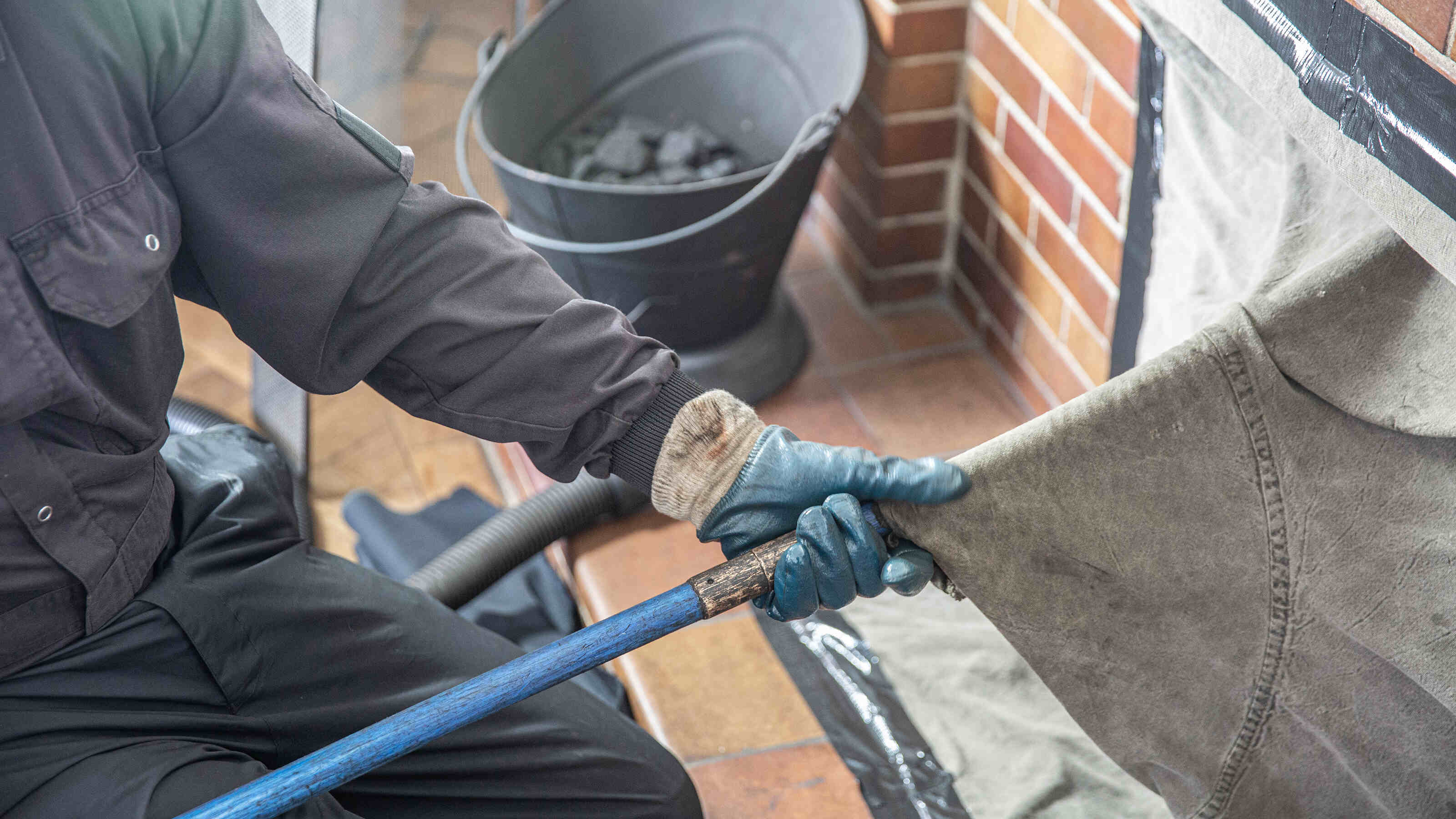
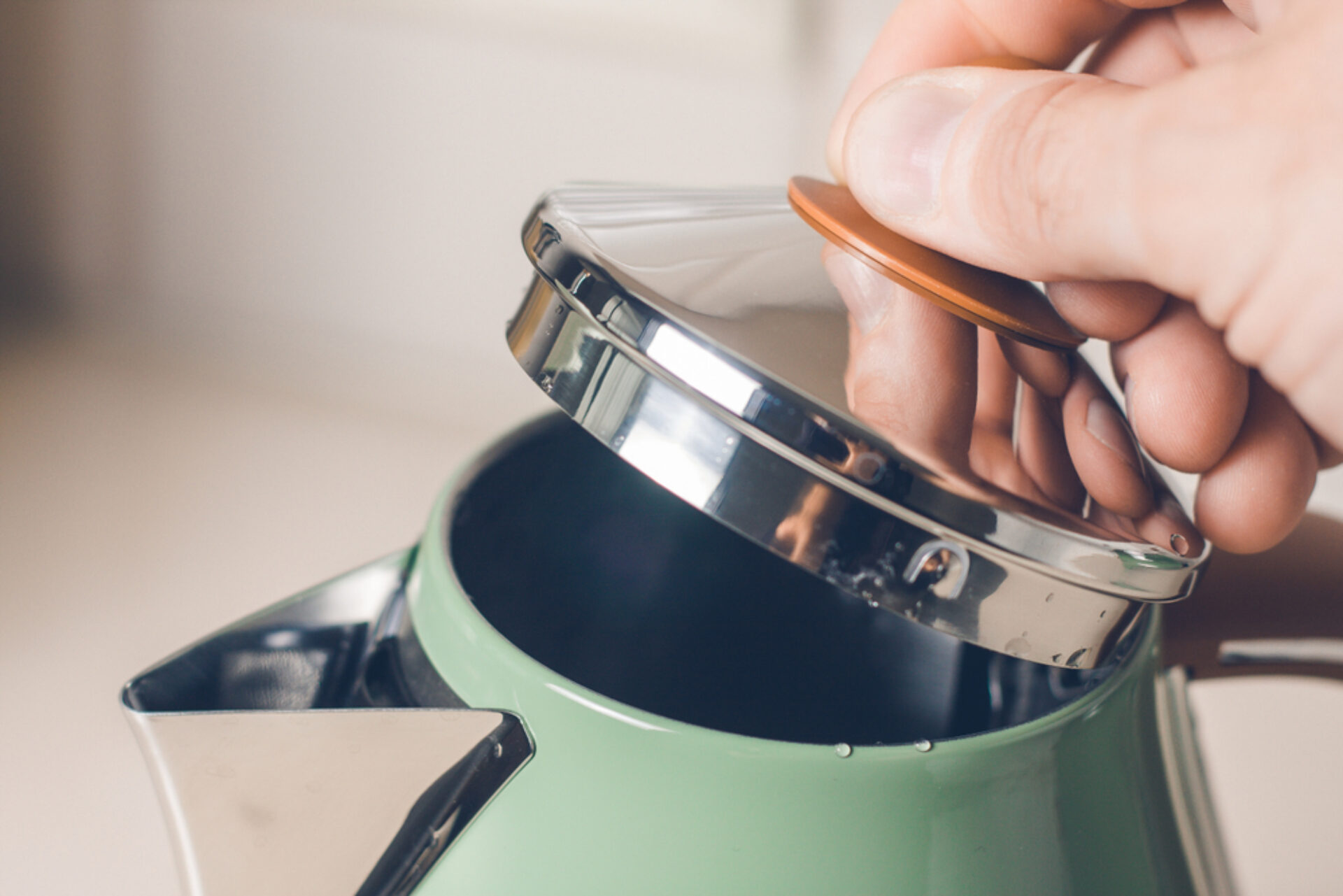


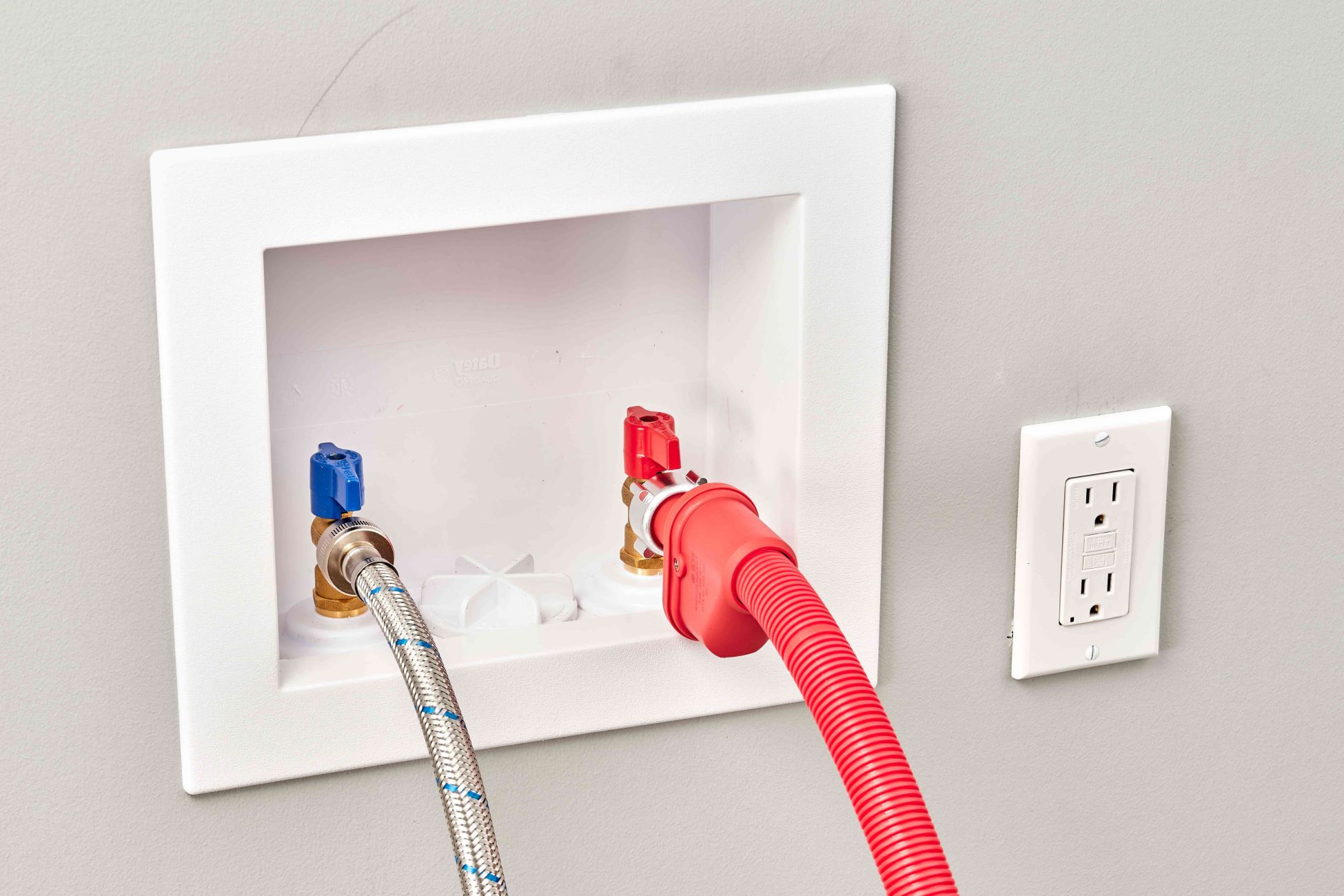

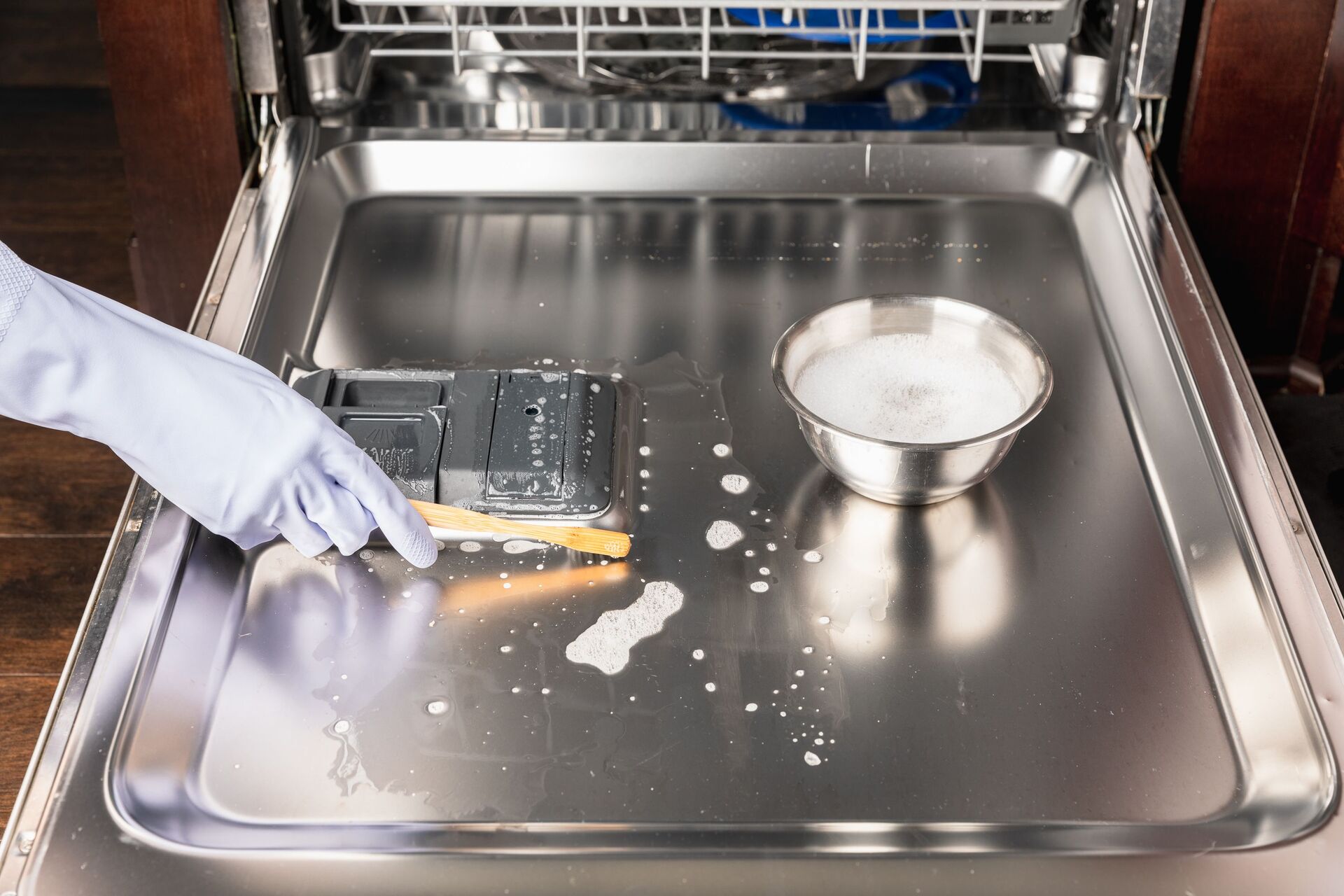



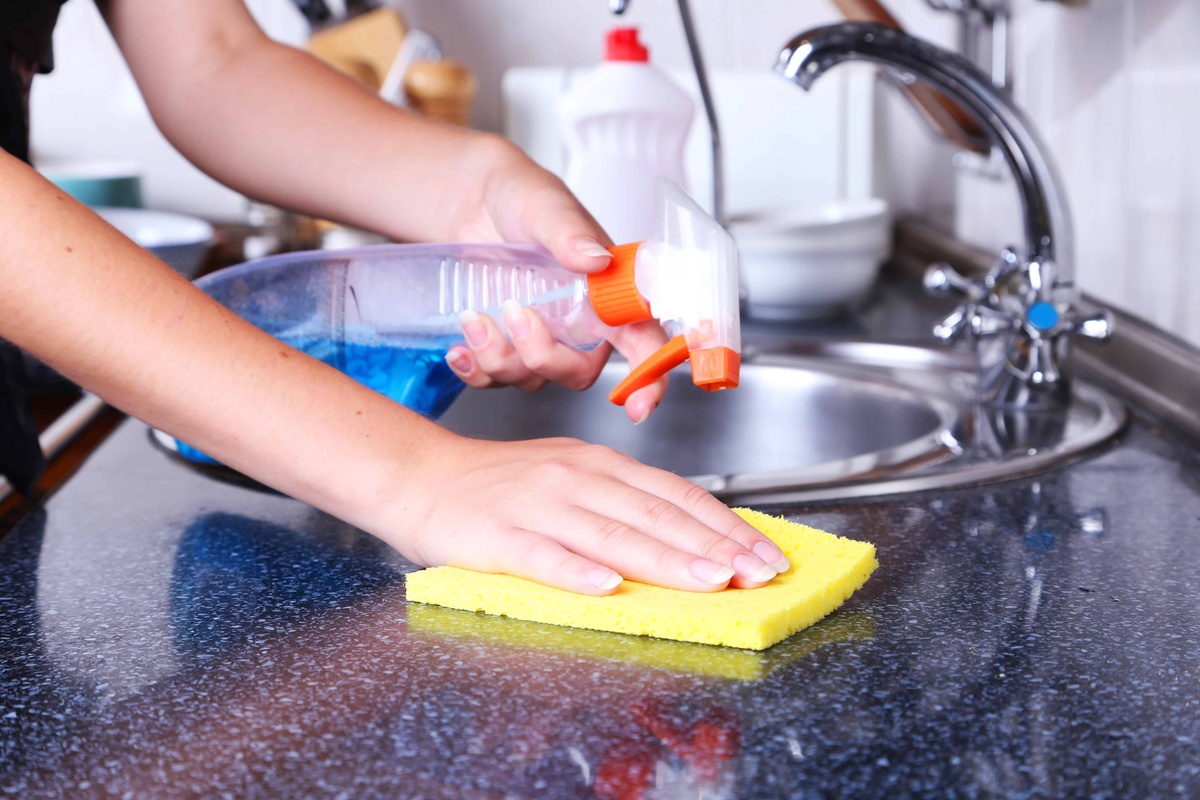

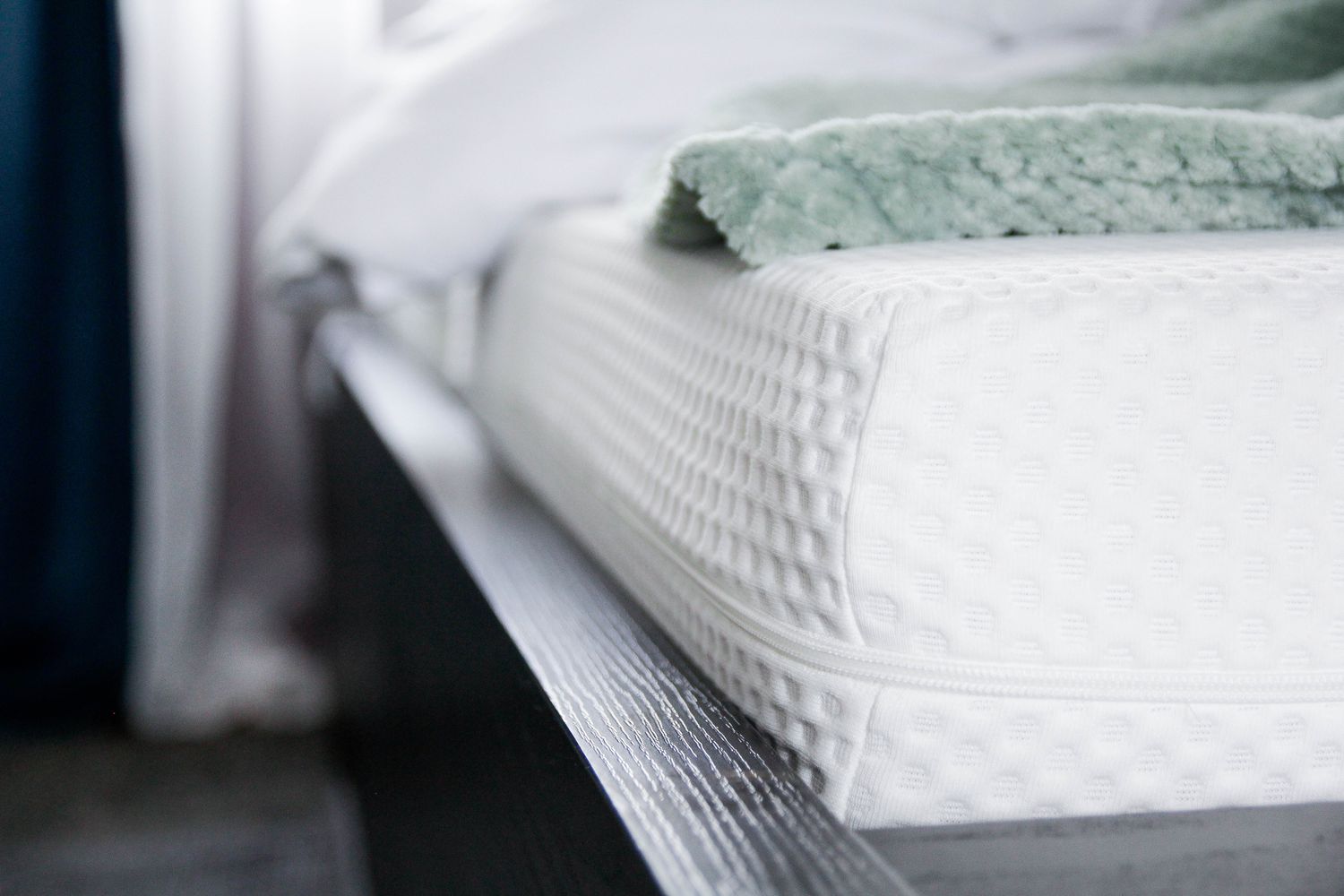

0 thoughts on “How Often Should You Wash A Duvet”